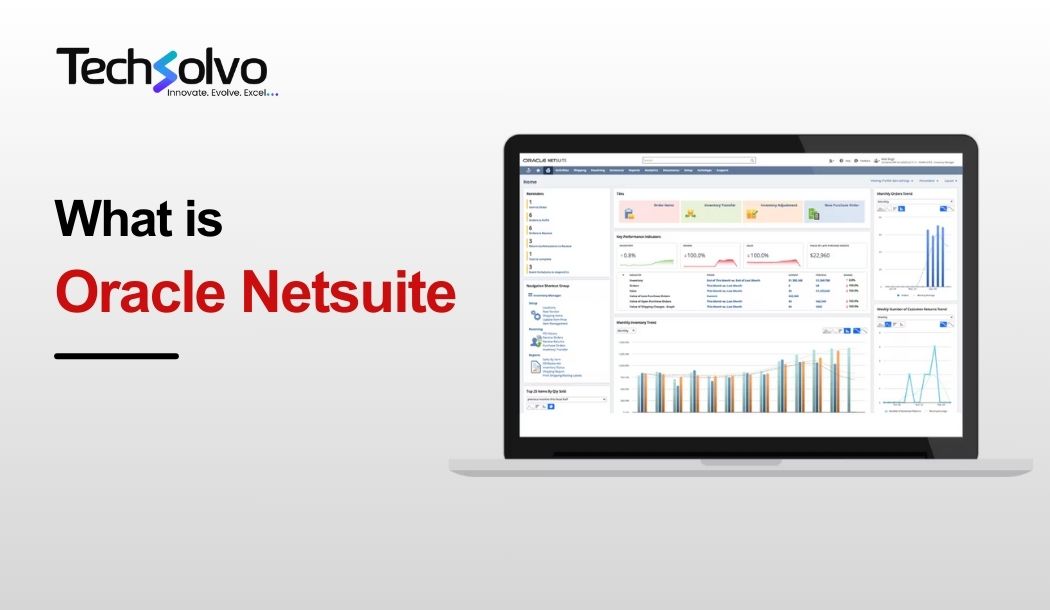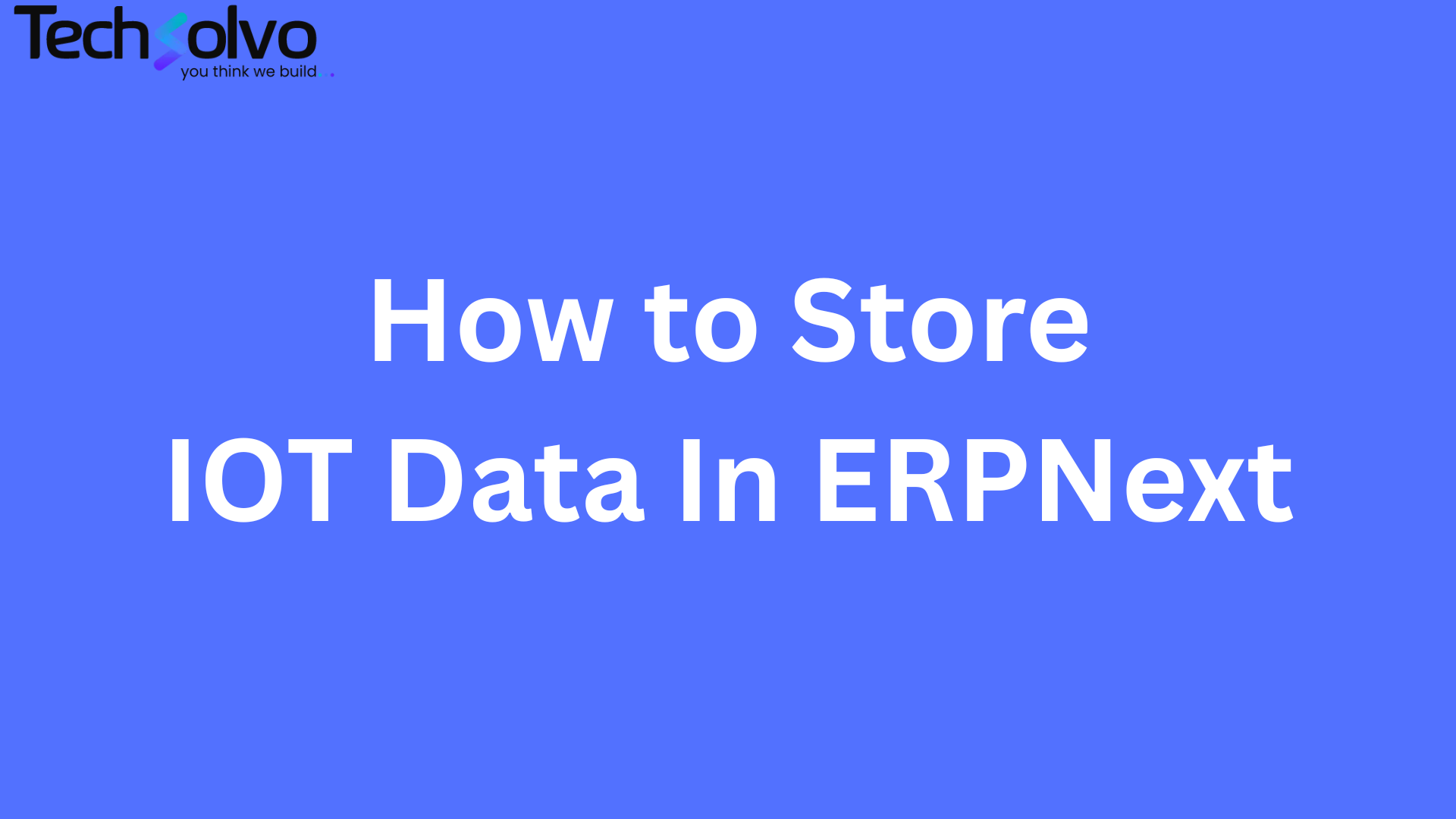
Introduction to Oracle NetSuite
Oracle NetSuite is a leading cloud-based Enterprise Resource Planning (ERP) software suite that offers a wide range of integrated business applications, including financial management, inventory management, customer relationship management (CRM), and e-commerce solutions. This comprehensive platform enables businesses to manage various aspects of their operations, such as inventory tracking, financial management, and customer relationships, through a single, unified system.
Oracle NetSuite's cloud-based architecture provides real-time visibility and control over critical business data, allowing organizations to make informed decisions quickly and efficiently. The software's flexibility and scalability make it suitable for businesses of all sizes and industries, from small startups to large enterprises.
NetSuite was founded in 1998 by Oracle co-founder Larry Ellison and entrepreneur Evan Goldberg, initially as NetLedger[3]. In 2016, Oracle Corporation acquired NetSuite, further strengthening its position in the market and expanding its product offerings.
Oracle NetSuite's ERP system is designed to automate core business functions, such as finance and accounting, inventory management, and procurement. The platform also includes additional modules for CRM, human resources (HR), professional services automation (PSA), and omnichannel commerce, which can be integrated to provide a seamless user experience and a comprehensive view of business operations.
One of the key benefits of Oracle NetSuite is its cloud-based delivery model, which eliminates the need for on-premises infrastructure and maintenance costs. Customers pay a subscription fee to access the technology and benefit from regular software updates and enhancements without the need for manual intervention.
Oracle NetSuite's suite of applications is designed to work together, sharing a common database and providing real-time, 360-degree visibility into business operations. This centralized data source allows leaders to monitor performance, identify trends, and make data-driven decisions to drive efficiency and growth.
In summary, Oracle NetSuite is a comprehensive, cloud-based ERP software suite that offers a wide range of integrated business applications, real-time visibility, and scalability. Its acquisition by Oracle Corporation in 2016 has further solidified its position in the market and expanded its product offerings.
Features and Capabilities
Oracle NetSuite offers a comprehensive suite of modules and functionalities that cater to various aspects of business operations, providing a unified platform for efficient management. Here are the key modules and capabilities offered by Oracle NetSuite:
- Financial Management: NetSuite's ERP system includes robust financial management features such as accounting, financial reporting, revenue recognition, and tax management. It provides real-time visibility into financial data, streamlines financial processes, and ensures compliance with regulations.
- Customer Relationship Management (CRM): NetSuite's CRM module enables businesses to manage customer interactions, sales processes, marketing campaigns, and customer service activities. It helps organizations build and maintain strong customer relationships by centralizing customer data and providing tools for personalized engagement.
- Inventory Management: NetSuite's inventory management module allows businesses to optimize inventory levels, track stock movements, manage multiple warehouses, and automate replenishment processes. It helps businesses reduce carrying costs, prevent stockouts, and improve order fulfillment efficiency.
- E-commerce: NetSuite's e-commerce capabilities empower businesses to create and manage online stores, process online transactions, and deliver seamless shopping experiences to customers. It integrates with other modules like inventory and order management to provide a holistic view of e-commerce operations.
- Human Resources (HR): NetSuite offers HR functionalities for managing employee data, payroll, benefits administration, time tracking, and workforce planning. It helps businesses streamline HR processes, improve workforce efficiency, and ensure compliance with labor regulations.
- Professional Services Automation (PSA): NetSuite's PSA module assists service-based businesses in managing projects, resource allocation, time tracking, and billing. It enables organizations to optimize project delivery, improve resource utilization, and enhance project profitability.
Oracle NetSuite's unified platform integrates these modules seamlessly, providing businesses with a centralized system to manage their operations efficiently. By offering a single, integrated suite of applications, NetSuite enables organizations to access real-time data, automate processes, improve decision-making, and enhance overall operational efficiency across various functions like finance, customer management, inventory, e-commerce, HR, and more.
Scalability and Flexibility
Oracle NetSuite is a highly scalable and flexible cloud-based ERP solution that caters to businesses of all sizes and industries, from startups to large enterprises and manufacturing, retail, wholesale distribution, and professional services.
NetSuite's scalability is a key feature that makes it suitable for businesses of all sizes. Its cloud-based design enables organizations to scale rapidly and seamlessly as they expand without substantial infrastructure investments or disruptions to their operations. NetSuite offers the flexibility to support different growth trajectories, whether it's regional expansion, new product lines, or mergers and acquisitions.
NetSuite's flexibility allows it to adapt to various industry needs and business models. The software provides industry-specific solutions with pre-defined and customized versions of applications to address unique challenges and requirements in each sector. This flexibility ensures that businesses can effectively manage their financial operations, inventory management, customer relationships, and other company operations.
The cloud-based design of NetSuite enables organizations to quickly grow to support rising data quantities, user traffic, and transactional needs, whether it's a sudden rise in sales or planned expansion. This scalability guarantees that a company's operations continue running smoothly even during fast growth.
NetSuite's flexibility extends to customization, allowing businesses to tailor the system to their unique needs. Customization goes hand in hand with scalability, and NetSuite allows businesses to adapt the system to their specific requirements.
NetSuite's powerful reporting and analytics features enable SMEs to gain better insights into their business's performance, while large organizations can manage various subsidiaries, business divisions, and worldwide operations. NetSuite provides an enterprise-grade solution capable of handling these complexities.
In summary, Oracle NetSuite's scalability and flexibility make it a suitable choice for businesses of all sizes and industries. Its ability to adapt to various industry needs and business models, combined with its comprehensive suite of modules and functionalities, provides a unified platform for businesses to manage their operations efficiently.
Cloud-Based Advantage
Cloud-based ERP systems offer numerous advantages, including accessibility from anywhere with an internet connection, automatic updates, and reduced IT infrastructure costs. These benefits are crucial for businesses looking to streamline operations and enhance efficiency. Additionally, Oracle NetSuite implements robust security measures to ensure data protection and compliance with industry standards.
Benefits of Cloud-Based ERP Systems:
- Accessibility: Cloud-based ERP systems like Oracle NetSuite can be accessed from anywhere with an internet connection, enabling remote work and facilitating collaboration among teams spread across different locations. This accessibility enhances flexibility and productivity within organizations.
- Automatic Updates: Cloud-based ERP systems provide automatic updates, ensuring that businesses always have access to the latest features, enhancements, and security patches without the need for manual intervention. This helps organizations stay current with technology advancements and industry best practices.
- Reduced IT Infrastructure Costs: Cloud-based ERP solutions eliminate the need for businesses to invest in expensive hardware, software, and IT personnel to manage their IT infrastructure. Instead, organizations pay a monthly subscription fee based on their usage, reducing upfront investment costs and allowing them to focus resources on core business activities.
Security Measures by Oracle NetSuite:
- Data Encryption: Oracle NetSuite uses industry-standard security measures to protect business data from unauthorized access. Data is encrypted and stored in secure data centers with redundant backups, ensuring data confidentiality and integrity.
- Operational Security: NetSuite employs server- and network-based intrusion detection systems to detect and prevent malicious traffic. A dedicated security team monitors alerts and investigates any unusual system activity to maintain operational security and protect against cyber threats.
- Incident Response Procedures: NetSuite has established industry-leading incident response protocols to address security incidents promptly and effectively. This includes confirming incidents, alerting relevant personnel, preserving evidence, and tracking incidents through resolution using an incident ticketing system.
- Role-Based Permissions: NetSuite allows businesses to assign different roles and permissions to users, restricting access to sensitive information based on job roles. This helps prevent internal security breaches and ensures that employees only have access to the data necessary for their roles.
In summary, cloud-based ERP systems offer accessibility, automatic updates, and reduced IT infrastructure costs, while Oracle NetSuite implements stringent security measures like data encryption, operational security, incident response procedures, and role-based permissions to protect business data and ensure compliance with industry standards.
Integration and Customization
Oracle NetSuite offers robust capabilities for integration with other business applications, facilitating seamless data flow between systems and enabling businesses to tailor the system to their specific requirements.
Integration with Other Business Applications:
NetSuite provides various integration options to connect with information from other systems effectively. These integration methods include:
- Comma-Separated Value (CSV) Import: This method is commonly used for transferring small to medium-sized data sets from other applications into NetSuite. The CSV import process saves time, prevents errors, and allows for bulk data transfer, eliminating the need for manual data entry.
- SOAP Web Services: NetSuite's SOAP web services provide programmatic access to NetSuite data and business processes through a SOAP-based services API. It is suitable for scenarios requiring regular large data transfers into or out of NetSuite. Developers can use SOAP web services with the language of their choice, and NetSuite offers sample applications in C# and Java for integration.
- REST Web Services: NetSuite's REST web services offer a REST-based interface for interacting with NetSuite, providing access to records metadata and effective handling of custom records and fields. REST web services are user-friendly, allowing understandable API navigation without the need for custom scripts. This integration channel extends the capabilities of SuiteTalk and simplifies interaction with NetSuite.
Customization Options in Oracle NetSuite:
Oracle NetSuite offers a range of customization options that enable businesses to tailor the system to their specific requirements. These customization features include:
- SuiteScript Platform: Built on JavaScript, SuiteScript unlocks full customization and automation of business processes in NetSuite. It allows businesses to develop new functions, customize workflows, and enhance software productivity through tailor-made applications. SuiteScript enables businesses to extend to legacy systems and third-party applications, including additional functions like reporting.
- Personalization and Configuration: NetSuite allows businesses to personalize and configure software functions and dashboards to meet their specific needs. This customization feature enhances user experience, improves data management, and streamlines workflows within the system. Businesses can add vital features to boost overall performance and efficiency.
- NetSuite Site Builder: NetSuite provides tools like the Site Builder that enable businesses to design high-quality websites, collect, store, and analyze data effectively. This feature helps businesses address their unique needs, increase productivity, and ensure accurate and up-to-date data management.
In summary, Oracle NetSuite's integration capabilities with other business applications and customization options empower businesses to seamlessly connect systems, streamline data flow, and tailor the ERP system to their specific requirements, enhancing operational efficiency and productivity.
Techsolvo can help integrate NetSuite with your business by leveraging its expertise in connecting NetSuite with other systems effectively. They can assist in utilizing integration methods like Comma-Separated Value (CSV) import, SOAP Web Services, and REST Web Services to seamlessly transfer data between NetSuite and other applications. Additionally, Techsolvo can provide guidance on customizing NetSuite to meet your specific business requirements without compromising on upgrades, ensuring a tailored ERP system that aligns with your unique needs and processes.
Top 5 FAQs about Oracle NetSuite and Techsolvo Solutions (Your IT Partner)
1. What is Oracle NetSuite?
Oracle NetSuite is a cloud-based Enterprise Resource Planning (ERP) software that integrates your entire business in one system. Techsolvo, as your trusted IT consultancy, can help you implement NetSuite to manage financials, inventory, CRM, order processing, and more – all in a single platform.
2. What are the benefits of using NetSuite?
NetSuite offers several advantages, including:
- Improved efficiency and productivity: Streamline processes and eliminate data silos for a more efficient workflow.
- Enhanced visibility and control: Gain real-time insights into your entire business for better decision-making.
- Scalability and flexibility: NetSuite grows with your business, accommodating future needs.
- Reduced IT costs: Eliminate the need for on-premise infrastructure with a cloud-based solution.
Techsolvo can help you leverage these benefits to optimize your operations and achieve your business goals.
3. Is NetSuite a good fit for my business?
NetSuite is a powerful solution for businesses of all sizes and across various industries. Techsolvo's experienced consultants can assess your specific needs and determine if NetSuite is the right fit for you. We offer tailored implementation plans to ensure a smooth transition.
4. How can Techsolvo help me implement NetSuite?
Techsolvo provides comprehensive NetSuite implementation services, including:
- Needs assessment and gap analysis.
- Customization and configuration.
- Data migration and integration.
- User training and ongoing support.
Our team of NetSuite experts ensures a successful implementation that meets your unique business requirements.
5. What kind of support does Techsolvo offer for NetSuite?
Techsolvo offers a range of ongoing NetSuite support services, including:
- Technical support to answer your questions and troubleshoot any issues.
- Customization and development services to adapt NetSuite to your evolving needs.
- System administration to ensure your NetSuite environment runs smoothly.
- User training to empower your employees to get the most out of NetSuite.
With Techsolvo as your NetSuite partner, you'll have the support you need to maximize your return on investment.
By choosing Techsolvo for your NetSuite journey, you gain a trusted IT partner with the expertise to guide you every step of the way.
Insights
To properly understand the things that are prevalent in the industries, keeping up-to-date with the news is crucial. Take a look at some of our expertly created blogs, based on full-scale research and statistics on current market conditions.

Unlocking the Power of Data Analytics for IoT Devices with ERPNext
Explore how businesses can gain real-time insights from IoT devices using modern data ana…

How to Store IoT Data Inside ERPNext: A Complete Guide for IoT Companies
A complete guide for IoT and manufacturing companies on integrating machine-generated dat…

Automation in Human Resource Management with Frappe HRMS
Discover how HR automation with Frappe HRMS can streamline HR operations, enhance employe…

